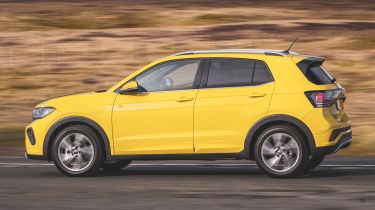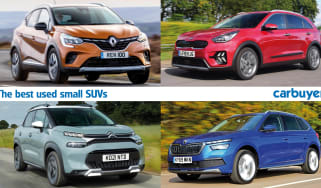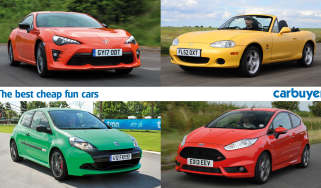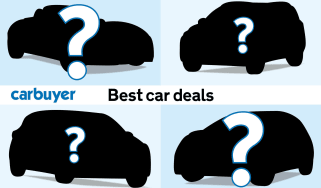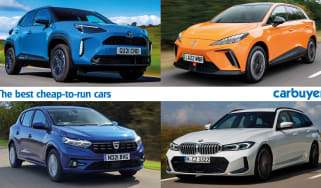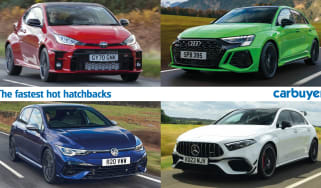Volkswagen T-Cross review - MPG, running costs & CO2
The T-Cross is economical and should have excellent residual values
There was a time when SUVs were typified as being ‘gas guzzlers’, but the latest wave is often almost as economical as their hatchback counterparts. The Volkswagen T-Cross, which shares its engines with the Polo hatchback, should be very economical to run, even though it only comes with petrol power. It’s not a heavy car, despite its SUV bodystyle, and only comes with two-wheel-drive.
Many buyers are tempted by the VW badge on the front, and this means the T-Cross is set to offer great residual values – it should lose less of its value than some other cars in the same class.
Volkswagen T-Cross MPG & CO2
It's no longer possible to spec the Volkswagen T-Cross with a diesel engine, but the 1.0-litre turbocharged petrol engine is cheaper and should be economical enough for most people. The 113bhp petrol returns up to 50.5mpg, while a lower-powered 94bhp version is only available in lower trims. The lower-powered of these two actually returns slightly worse fuel economy at up to 49.8mpg because it’s paired with a five-speed manual transmission, rather than the higher-powered model’s six-speed. Specify the 113bhp 1.0-litre with the seven-speed automatic and fuel economy drops slightly to 48.9mpg, but during our testing we found it could easily top 50mpg if driven gently. An impressive feat, although the hybrid Toyota Yaris Cross will prove even more efficient in urban and suburan driving.
More reviews
In-depth reviews
Volkswagen now sells the T-Cross with a more powerful 1.5-litre EVO TSI petrol engine. It has cylinder deactivation (under light throttle it’ll run on just two cylinders) to save fuel, but is only available with the DSG automatic gearbox. You can expect 47.4mpg from this engine, which is still pretty reasonable.
A 94bhp diesel engine has previously been available but it made up a tiny proportion of sales. That’s not surprising when you consider it only offered around 5mpg more than the frugal petrols but cost a lot more to buy.
The T-Cross should be affordable to fill up and all variants are subject to the standard rate in VED (road tax) from the second year of ownership – the first year’s tax is usually rolled into the on-the-road price of the car.
Insurance groups
The T-Cross should be affordable to run, with insurance starting in group nine for entry-level models with the smaller petrol engine. Top-spec models with the larger 1.5-litre engine slot into group 16.
Considering the desirable badge, it’s impressive that the T-Cross is no more expensive to insure than the SEAT Arona, which shares similar insurance groups – in fact, a top-spec Arona with the same 1.5-litre engine will be slightly more expensive to insure, sitting in group 18.
Warranty
Like all new VW cars, the T-Cross benefits from a three-year/60,000-mile warranty, which is transferable to the next owner if you sell or return the car before the warranty expires. This warranty is fairly standard, although far from class-leading. Rivals such as the Hyundai Kona and Kia Stonic have five and seven-year warranties respectively, which is something to bear in mind if you plan to keep your car for a long time. You can buy extended warranties from VW, which work out at about £150 per year.
The T-Cross’ paint will be covered for three years, while the car also comes with a 12-year anti-corrosion guarantee.
Servicing
Servicing the T-Cross should be relatively pain-free. Volkswagen has the third-largest dealership network in the UK. Service intervals should be the same as the Polo, so you’ll have to book it in for a service every year or 10,000 miles, whichever comes first.
As with all VW models, you’ll be able to take out a service plan, which spread the cost of your next two services over 18 monthly payments of around £20. You can either pay this separately or add it to your monthly finance payments if you’re not buying the car outright.
